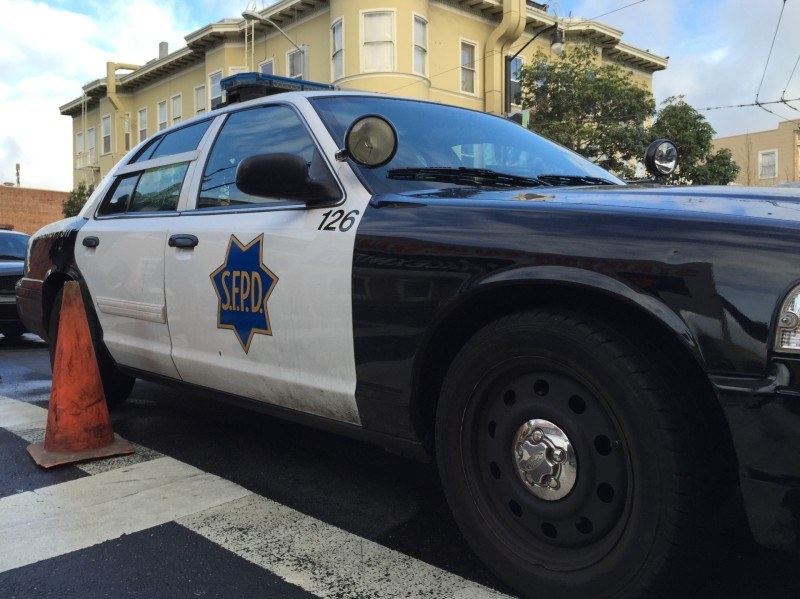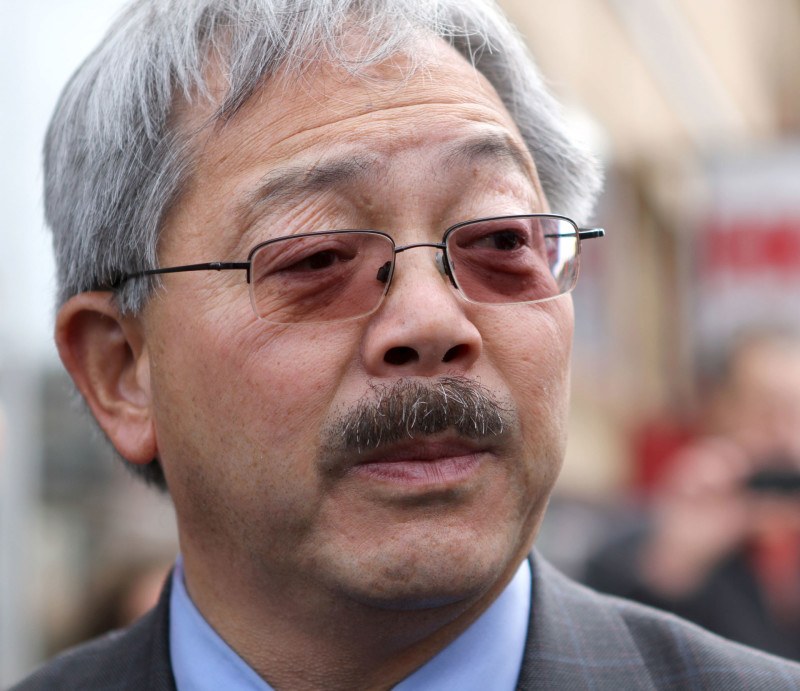Updated, 3 p.m.
A day after San Francisco District Attorney George Gascón called for all San Francisco police officers to wear body cameras by early next year, Mayor Ed Lee and Police Chief Greg Suhr announced an initiative that does exactly that.
Gascón sent a letter to Lee, Suhr and the San Francisco Board of Supervisors on Wednesday calling for all officers to be issued body-worn video cameras by the start of 2016, with footage from every arrest to be included with police reports, starting six months later.
"I'm hoping that the mayor and the board will take this to heart, and that we stop playing games," Gascón said Wednesday at a meeting of city criminal justice officials to discuss racial disparities in law enforcement. "We have now been talking about cameras for the San Francisco Police Department for over a year, and yet we still don't have them."
Lee announced that he'll propose $6.6 million in his budget to purchase 1,600 to 1,800 body-worn cameras over the next two years. He says that funding should cover software, data storage and additional staffing to maintain the program.

